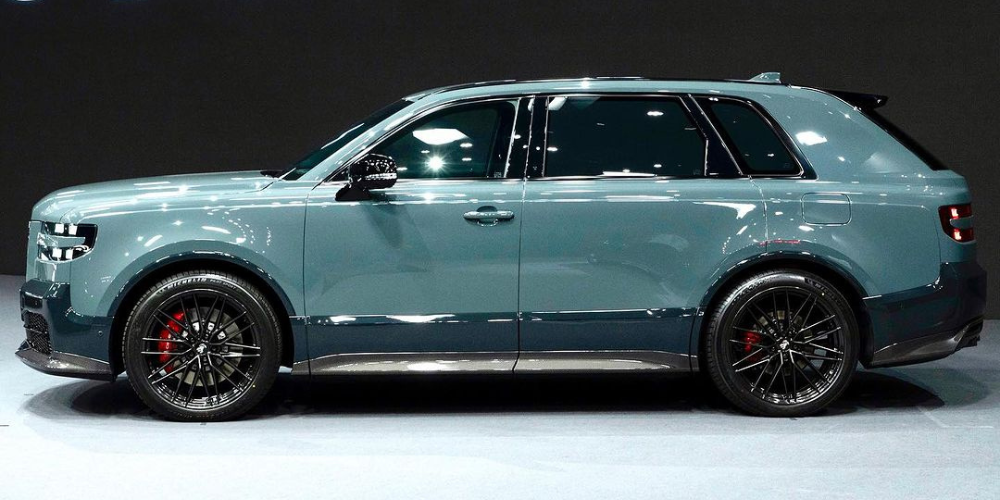
Lexus vs Toyota: How The Two Cars Compare in Terms of Luxury

In the automotive world, Toyota and Lexus stand as testaments to innovation, reliability, and luxury. Toyota, established in 1937, has long been revered for its dependable and efficient vehicles that cater to a wide audience.
Known for models that range from the rugged Tacoma to the eco-friendly Prius, Toyota has cemented its place in the hearts of daily commuters and adventure seekers alike. On the other hand, Lexus, introduced by Toyota in 1989, emerged as the luxury vehicle division aimed at rivaling prestigious European brands. It marked Toyota’s foray into the luxury car market, offering consumers the reliability of Toyota paired with the opulence and performance associated with premium brands.
The introduction of Lexus was not just an expansion of Toyota’s offerings but a strategic move to capture the luxury market with vehicles that boast superior craftsmanship, cutting-edge technology, and exquisite comfort. As we delve into the nuances of Toyota versus Lexus, it’s crucial to understand that while both brands share a parent company, their paths diverge significantly when it comes to luxury, performance, and target demographics.
Birth of Lexus
In the 1980s, Toyota embarked on a mission to extend its reach into the premium market segment, thus giving birth to Lexus. This strategic move was partly motivated by the Japanese government’s voluntary export restraints, which made it financially advantageous to export higher-priced cars to the U.S. market. This backdrop set the stage for the introduction of the Lexus brand, aiming to blend Toyota’s renowned reliability with unparalleled luxury and performance.
The unveiling of the Lexus LS 400 in 1989 marked the brand’s debut, setting a new standard for luxury sedans. This vehicle was the result of meticulous craftsmanship and an ambitious goal to create the world’s best car, showcasing Lexus’s commitment to excellence. The LS 400’s success laid the foundation for Lexus as a formidable player in the luxury automotive market, leading to a diverse range of models that cater to luxury car enthusiasts across the globe.
Lexus’s journey into the echelons of luxury automaking was further solidified with the launch of the Lexus LFA in 2009. The LFA, a marvel of engineering and design, catapulted Lexus into the realm of supercars, reinforcing its reputation not just as a luxury brand but as a purveyor of high-performance vehicles. This move underscored Lexus’s evolution from its inception to becoming a brand synonymous with both luxury and performance, capturing the imagination of car enthusiasts around the world.
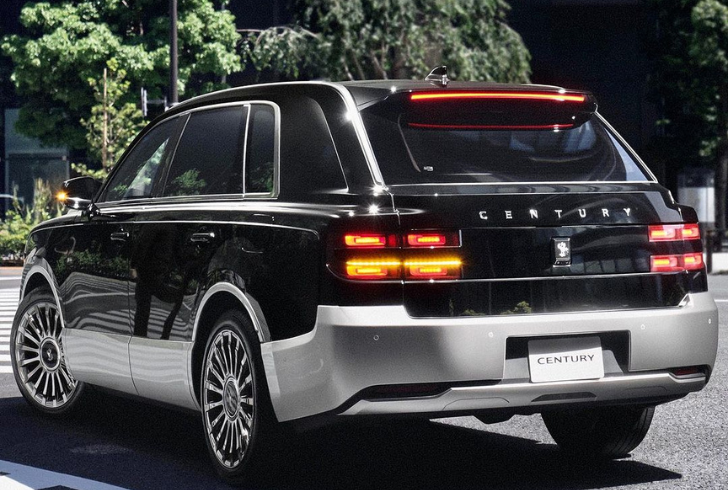
Instagram | hype_garage | Since 1967, the Century has been a symbol of Japan’s growing economic strength.
The Century’s story stretches back to 1967, when it was first introduced as a symbol of Japan’s burgeoning economic might. Reserved for dignitaries and captains of industry, it became synonymous with understated elegance and unwavering reliability. Three generations later, the legend returns, not as a mere sedan, but as a brand in its own right, destined to sit atop the Toyota empire, even eclipsing the illustrious Lexus.
Lexus vs Toyota: Performance Comparison
If your heart is set on a rugged pickup, Toyota’s lineup boasts some of the most highly regarded trucks in the market, offering diverse performance capabilities to suit a variety of needs. Lexus, however, doesn’t venture into the truck arena.
Diving deeper into performance nuances, factors like acceleration and handling come into sharp focus. These aspects are influenced by a complex interplay of engine power, transmission quality, brake systems, suspension setup, and drivetrain configurations. It’s not just what’s under the hood that counts; external features such as rear spoilers and air intake vents also have roles to play in enhancing a vehicle’s performance.
When placing Lexus and Toyota side by side for a performance showdown, Lexus generally takes the lead, especially in the realm of sports vehicles. Lexus sedans and coupes are often equipped with more robust engines and advanced suspension systems, offering drivers a more thrilling and dynamic experience behind the wheel. Additionally, Lexus models typically boast a more sleek and sophisticated exterior design, aligning with the expectations for a luxury brand.
While Toyota does offer a selection of sports cars that deliver commendable performance, Lexus usually pulls ahead with its commitment to pushing the boundaries of power, handling, and design. The Lexus brand consistently aims to exceed expectations, blending performance with luxury in a way that few can match.
Lexus vs Toyota: Comfort and Style
Lexus truly embodies the essence of luxury, with every vehicle showcasing the kind of fit and finish that luxury enthusiasts dream of. This isn’t to suggest Toyota falls short on comfort; it’s just that Lexus elevates it to an art form. Stepping into a Lexus, you’re greeted by plush premium leather, the natural beauty of open-pore wood trim, and the sleekness of metal appliqués, all harmonizing to create an atmosphere of refined elegance.
The commitment to luxury doesn’t end with just the materials; technology and entertainment are at the forefront in Lexus models. Most come equipped with state-of-the-art technology and premium audio systems tailor-made for each vehicle, offering an immersive listening experience that turns every drive into a private concert.
Lexus also prioritizes the overall comfort and convenience of its cabins. Controls are thoughtfully placed within easy reach, designed for intuitive operation, ensuring that everything you need is right where you need it. The brand often includes amenities like heated and ventilated seats and heated steering wheels as standard, elevating the comfort of every journey.
On the flip side, Toyota, while offering a comfortable and stylish ride, typically reserves such luxurious features for the top-tier trims of specific models. This distinction clearly places Lexus a step above Toyota in the realms of comfort and convenience, making Lexus the go-to for those who value the finer details of their driving experience.
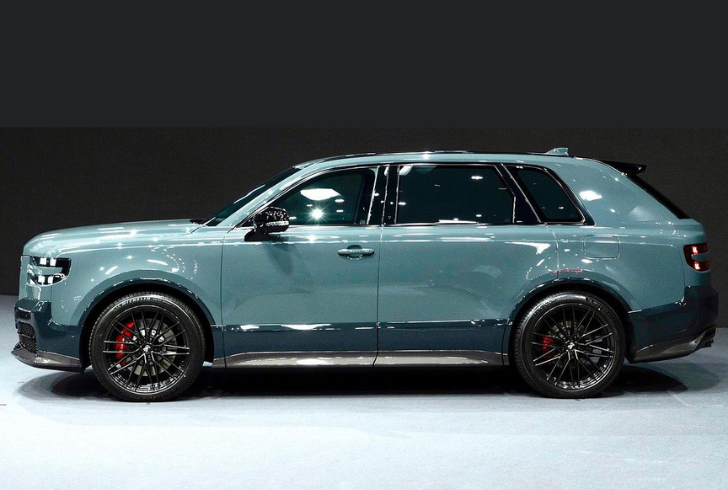
Instagram | hype_garage | The base Century SUV, with a starting price of $170,000, showcases Toyota’s expert craftsmanship.
Lexus vs Toyota: Price and Value
When it comes down to the price tag, Lexus vehicles invariably command a higher asking price compared to Toyota. This disparity isn’t arbitrary but reflects the divide between luxury and more economically priced vehicles. For those with a keen eye on their budget, Toyota presents a range of options that won’t break the bank, offering the reliability and quality the brand is known for, at a more accessible price point.
Yet, it’s worth noting that Lexus does bring competitive pricing into the fray, especially at its lower trim levels. These entry-level luxury cars pack a punch with numerous upgraded features that only show up as optional extras in their Toyota counterparts, and often at just a marginal increase in cost. Take, for instance, the Lexus IS 300. Priced starting at $41,235, it’s only about $2,000 more than Toyota’s premier sedan, yet it comes adorned with the upscale touches typical of Lexus, which you’d have to pay extra for in a Toyota.
The pricing strategy in the luxury vehicle segment is less about undercutting competition with affordability and more about justifying the price through superior build quality, performance, and an array of standard luxury features. Essentially, with Lexus, you’re investing in a higher caliber of automotive excellence. For those who are in a position to spend a bit more, opting for a Lexus offers not just a step up in luxury but potentially a more value-packed proposition when considering the cost to equip a Toyota similarly.
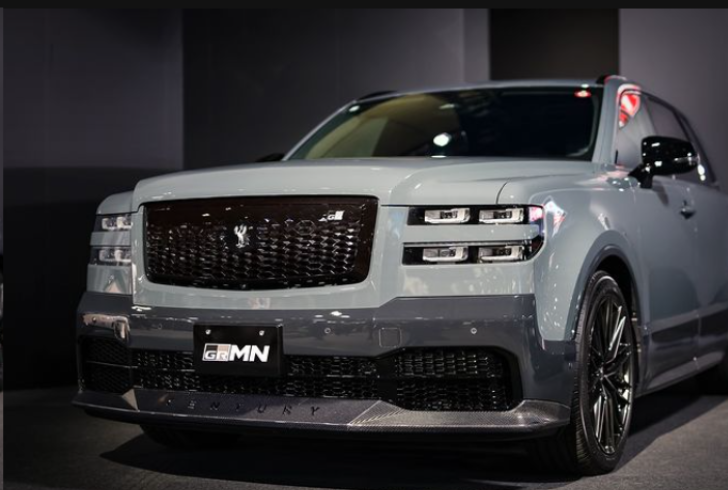
Instagram | oyota_gazoo_racing | Toyota’s future Century models are set to make a big impact, signaling an ambitious plan to secure the brand’s top spot in the car world.
Lexus vs Toyota: Safety Features
In the arena of safety, Toyota and Lexus demonstrate an impressive parity, showcasing their commitment to protecting drivers and passengers alike. Both brands harness cutting-edge technologies to fortify their vehicles against the uncertainties of the road. Lexus vehicles, for example, are universally equipped with the Lexus Safety System+ 2.5, an advanced compilation of driver-assist technologies designed to enhance the safety of your journey, whether you’re navigating the bustling streets of California or cruising on a quiet country road.
This comprehensive safety suite boasts features like the Pre-Collision System with Pedestrian Detection, employing radar technology to vigilantly monitor the path ahead for potential hazards. Should the system foresee a possible collision, it not only warns the driver but can also engage emergency braking and steering adjustments to mitigate or avoid impact, offering a crucial buffer in moments of delayed human reaction.
Further enhancing the driving experience is the All-Speed Dynamic Radar Cruise Control, which maintains a preset velocity and following distance, adeptly decelerating to a halt and resuming speed as traffic flow dictates, all without the need for driver intervention. This intelligent feature exemplifies the blend of convenience and safety that modern drivers seek.
Complementing this, the Lane Tracing Assist system synergizes with the dynamic radar cruise control to minimize driver strain on longer trips. Through careful monitoring of lane markings, it provides gentle steering corrections to keep the vehicle centered, ensuring stability and safety even through curves.
Similarly, the Lane Departure Alert with Steering Assist system employs advanced sensors to detect unintended lane departures, offering corrective steering inputs to guide the vehicle back to safety if the driver does not respond to initial warnings.
Toyota mirrors these technological advancements across its lineup, presenting a similar suite of safety features that make it challenging to declare a definitive leader in safety between the two. This close match-up underscores the shared DNA of Toyota and Lexus, highlighting their mutual prioritization of safety without compromising the distinct identities of each brand.
More inAuto News
-
`
Adults in Ohio Face Stricter Rules to Obtain Driver’s License
Ohio has passed a new law that will change the way adults under 21 get their driver’s licenses. Signed into law...
July 31, 2025 -
`
Gen Z Craves Career Guidance, But Their Parents Are Struggling Too
Gen Z is stepping into the future with curiosity and ambition—but they’re not doing it alone. A growing number of teens...
July 25, 2025 -
`
Do Car Insurance Companies Offer Pay-As-You-Go Plans?
Car insurance premiums often feel unfair to people who rarely drive. Yet, most traditional auto policies still charge a fixed monthly...
July 17, 2025 -
`
Why the Koenigsegg Sadair Spear Is the Ultimate Hypercar Beast
Koenigsegg has revealed a new beast—the Sadair’s Spear. Tuning its focus on raw performance and brutal speed, this hypercar marks the...
July 11, 2025 -
`
Which States Have the Safest—and Riskiest—Drivers in America?
Driving safety isn’t just about skill. It’s also about location. A recent nationwide report shines a spotlight on where drivers are...
July 4, 2025 -
`
How to Save on Tesla Car Insurance Without Compromising Coverage
Owning a Tesla often brings savings on fuel and a futuristic driving experience, but the conversation changes quickly when it comes...
June 26, 2025 -
`
10 Weird Cars That Turned Heads and Won Hearts
Some cars turn heads with speed, others with luxury—but a rare few grab your attention simply by being delightfully strange. From...
June 20, 2025 -
`
Next-Gen Jeep Cherokee Expected to Arrive by Late 2025
After a break of two years, Jeep is prepared to relaunch the Cherokee brand. The automaker confirmed the return with fresh...
June 12, 2025 -
`
9 Tips to Make Night Driving Safer and Less Frightening
Once the sun dips below the horizon, driving becomes more than just a commute—it becomes a challenge. Limited visibility, harsh glares,...
June 6, 2025



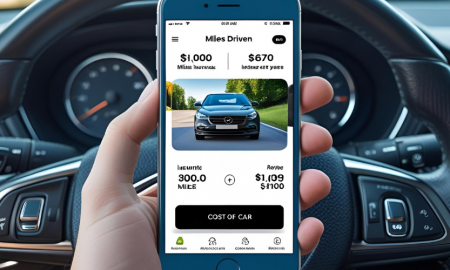
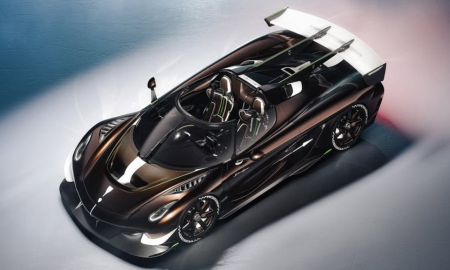








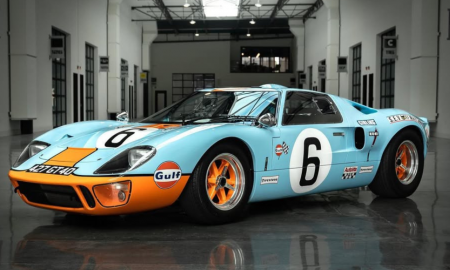

You must be logged in to post a comment Login